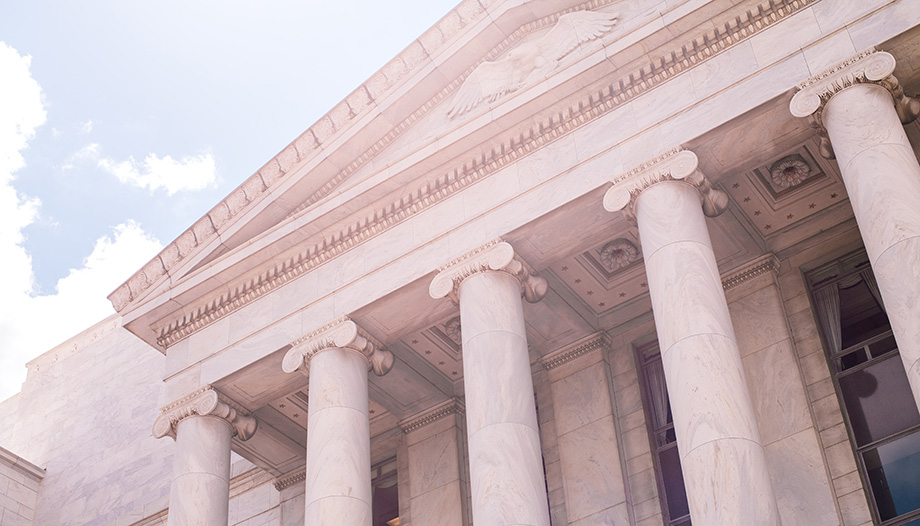The first weekend of September was celebrated in Madrid the II International Meeting of Catholics with political responsibilities, organized by the Archdiocese of Madrid together with the Academy of Catholic Leaders and the Konrad Adenauer Foundation. Politicians from 19 countries of all sensibilities participated in this meeting.
There was a time when national parliaments used to seat politicians enrolled in confessional parties. Today, all parties, some to a greater extent than others, are sprinkled with believers. However, we often complain that legislation is moving further and further away from Christian principles. Often the person is not at the center of decisions, we find a great permissiveness, if not promotion, of abortion or euthanasia, with the delegitimization of the role of parents in the education of their children together with obstacles to Catholic education, gender policies are promoted....
What happens to our Catholics who deal with public affairs? Do they have no weight in their political formations or have they become accustomed to "splitting", on the one hand public life and on the other private life? Often we Catholics, politicians or not, say that we believe in God but we live as if God did not exist.
It is true that there is an undercurrent of Christian affinity, unseen but slightly perceptible, which sometimes moderates or shapes certain laws, but there is a lack of a believing tone in the great discourse. It is not a matter of embracing a kind of moral superiority for the fact of believing, but neither is it a matter of being ashamed of what we are to the point of hiding it. We are what we are naturally and we offer what we have to enrich our world.
Perhaps in the Church we have sinned by omission when it comes to forming children and young people in the evangelical importance of public service. We have thousands of catechists, we work in the field of health and prison pastoral care, in the exercise of charity, education, culture in the broad sense, but service through politics has perhaps been a bit of a chore, even when we have tried it, we have seen too many desertions that have discouraged us.
Last week, the president of the Spanish Episcopal Conference (CEE) and Archbishop of Barcelona, Cardinal Juan José Omella, together with the Secretary General of the Episcopate, Monsignor Luis Argüello, presented the document 'Faithful to missionary sending', which contains the orientations and lines of action for the EEC in the next four pastoral courses (2021-2025). Cardinal Omella asked us not to be discouraged and to continue "bearing witness to our faith in Jesus, not so much with words, but with deeds", something, I am convinced, that has a privileged vantage point in the vocation to public service.
The Secretary General and Spokesman of the EEC, Monsignor Luis Argüello, questioned in the same presentation that "at times we can be progress or conservative in one of the folders and the opposite in others, when in reality the proposal that is born of faith and that which is seen in the dominant culture is an integral proposal of economy, political system, of understanding of the family linked to love and the transmission of life in moments of such surprising 'demographic winter'".
The subject is a difficult one, with no easy answer, but it is important to consider it.











